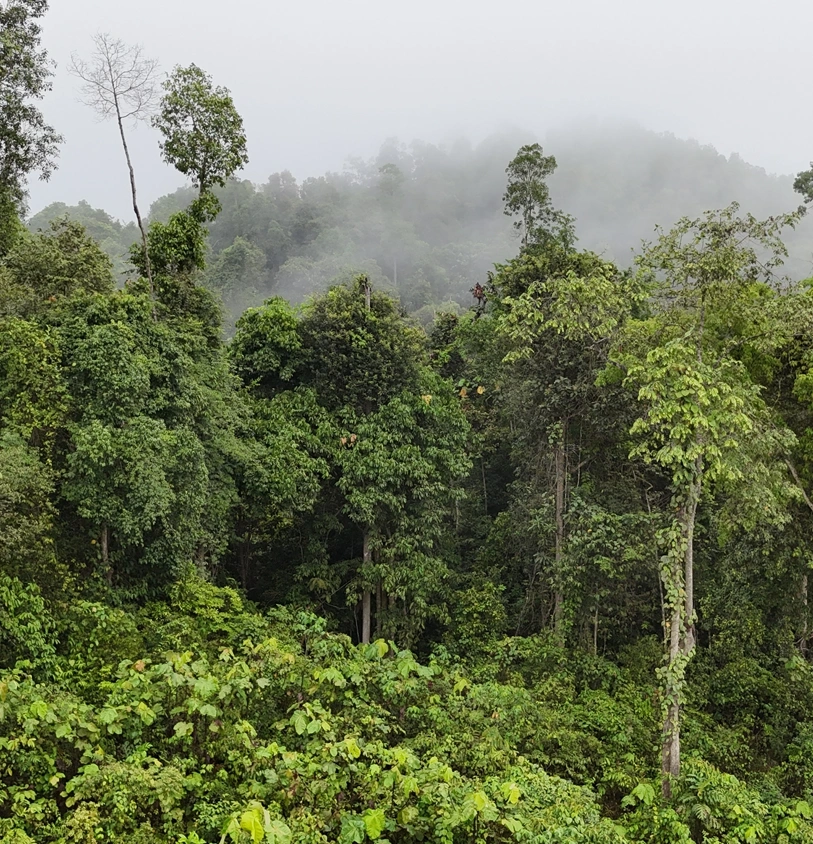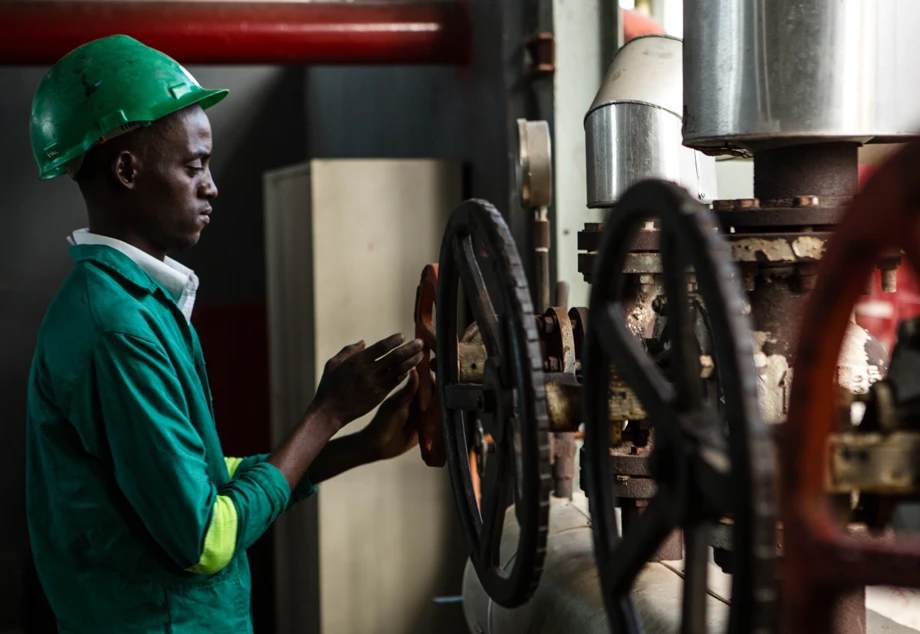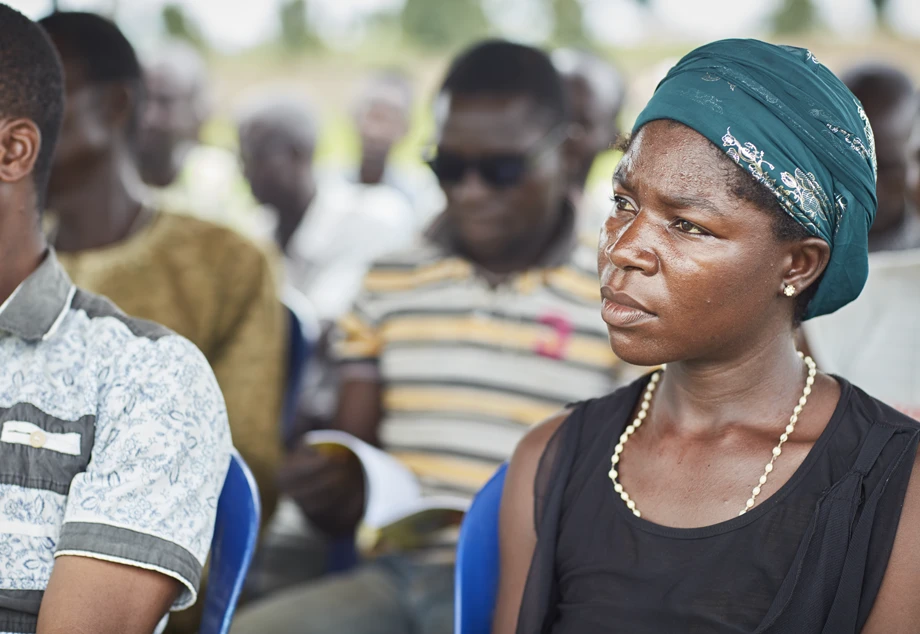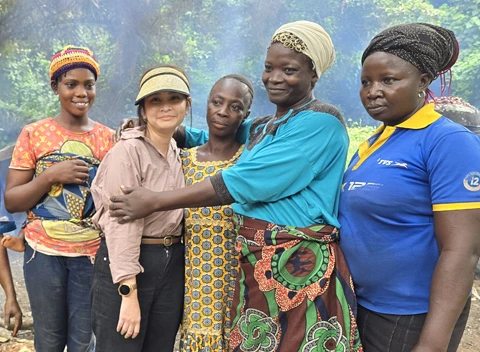We’re deeply committed to producing edible oils responsibly and sustainably.
Our approach prioritises sustainable practices across a transparent and traceable supply chain, ensuring that every step reflects care for the environment and respect for local communities. This commitment means customers can trust the quality and integrity of our products while knowing that we work tirelessly to meet and exceed global sustainability standards, guided by our Responsible Palm Policy.

Protecting Forests: A Core Commitment
We adhere to the principles of No High Conservation Value (HCV), No High Carbon Stock (HCS), and No Peat development. All new developments must protect HCV areas and HCS forests following international best practices from RSPO Principles and Criteria, the HCV Resource Network, and the HCS Approach. Assessments by accredited assessors ensure that community needs, cultural values, and FPIC processes are integral to our plans.
Best Practices for Peat & Fire Management
Deforestation of protected areas and new development on peatland are strictly prohibited. For existing plantations on peat, suppliers must adopt RSPO-defined best practices for water management to reduce greenhouse gas emissions and mitigate fire risks. Burning is never allowed. We don’t permit burning, and we require no use of fire during land preparation, planting, or replanting. We expect suppliers to take immediate action if burning is found in their supply chain.

Responsible Employment Practices
We promote responsible labour practices, respecting legal, communal, and indigenous rights under RSPO and Free and Fair Labor Guidance principles. Our policies prevent child and forced labour, ensure safe and healthy workplaces, and uphold ethical recruitment practices. We’re committed to equal employment opportunities for all, regardless of race, gender, or background, and respect the rights to freedom of association and collective bargaining.

Supporting Indigenous Communities
We engage transparently with indigenous communities, ensuring Free, Prior, and Informed Consent (FPIC) and respecting legal and customary land tenure rights, as outlined in the UN Declaration on the Rights of Indigenous Peoples. We support smallholders and outgrowers by integrating them into our supply chain, building their capacity, improving yields, promoting sustainable practices, and helping to prevent deforestation, fostering equitable and responsible development.

Protecting Local Wisdom in Indigenous Palm Oil Communities
In Ondo State, Nigeria, women like Janet Olufenmise rely on traditional palm oil extraction for their livelihoods. Find out how we’re supporting Janet and others like her maintain these Indigenous practices and empowering communities to preserve their cultural heritage.
Protecting Local Wisdom in Indigenous Palm Oil Communities
In Ondo State, Nigeria, women like Janet Olufenmise rely on traditional palm oil extraction for their livelihoods. Find out how we’re supporting Janet and others like her maintain these Indigenous practices and empowering communities to preserve their cultural heritage.
Grievance Procedure
We recognise that feedback and input from the community and stakeholders is valuable to help drive improvements and to address their concerns. We’ve established a Grievance Procedure to report and address breaches of relevant Policies or Codes, resulting in illegality, exploitation of local communities or workers employed by Olam Agri or a third-party supplier, or unacceptable practices in land use management, as defined in our Responsible Palm Oil Policy and the Supplier Code.
For the latest grievance log, click here, or to submit a grievance click on the button below.







